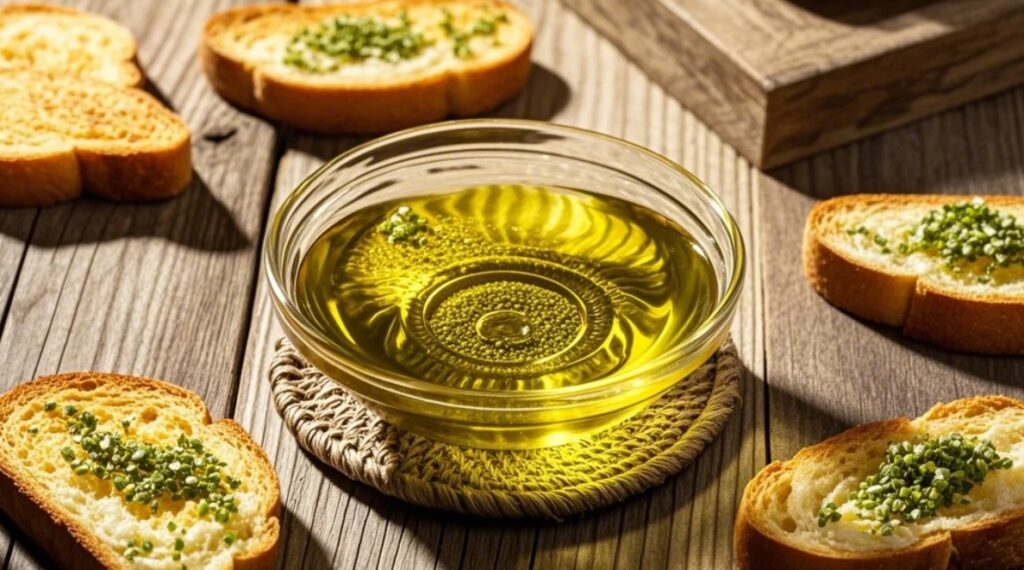In the world of natural wellness, hemp seed oil has earned its reputation as a versatile powerhouse, celebrated for its skin-nourishing, heart-healthy, and planet-friendly benefits. But when faced with the choice between organic and conventional hemp seed oil, how do you decide which one aligns with your values and needs? This guide breaks down the differences, empowering you to make an informed, conscious choice.
What is Hemp Seed Oil?
Extracted from the seeds of the Cannabis sativa plant (industrial hemp), hemp seed oil is rich in omega-3 and omega-6 fatty acids (in a rare 3:1 ratio), vitamin E, antioxidants, and minerals. THC-free and non-psychoactive, it’s a safe, multi-purpose oil used in skincare, haircare, cooking, and dietary supplements.
Organic vs. Conventional Hemp Seed Oil: Key Differences
| Criteria | Organic Hemp Seed Oil | Conventional Hemp Seed Oil |
|---|---|---|
| Farming Practices | ✅ Grown without synthetic pesticides, GMOs, or chemical fertilizers | ? May use pesticides, GMO seeds, or synthetic fertilizers |
| Certifications | ✅ USDA Organic, EU Organic, or similar rigorous certifications | ❌ No certifications or lower standards |
| Nutritional Quality | Higher antioxidant levels, purer fatty acids, and no chemical residues | Nutrients vary; potential trace contaminants |
| Environmental Impact | ✅ Regenerative farming, soil health, and biodiversity preservation | ? Risk of soil/water pollution from chemicals |
| Cost | Higher (due to certifications and sustainable practices) | More budget-friendly |
| Ideal For | Sensitive skin, long-term wellness, eco-conscious consumers | Budget-focused users, short-term needs |
Why Choose Organic Hemp Seed Oil?
1. Purity & Safety
Certified organic oil guarantees zero pesticides, herbicides, or heavy metals—critical for sensitive skin, pregnant women, or children. Studies show organic cold-pressed oil retains 20% more vitamin E than conventional options, maximizing antioxidant potency.
2. Eco-Friendly & Ethical
Organic farms prioritize crop rotation, natural pest control, and soil regeneration, protecting ecosystems and pollinators. Choosing organic supports sustainable agriculture and fair-trade practices.
3. Enhanced Efficacy
Free from chemical interference, organic oil delivers purer essential fatty acids (EFAs), offering:
- Skin Healing: Soothes eczema, psoriasis, and dryness.
- Hormonal Balance: Gamma-linolenic acid (GLA) alleviates PMS and menopause symptoms.
- Heart Health: Reduces inflammation and LDL cholesterol.
The Case for Conventional Hemp Seed Oil
1. Affordability
Priced 30-50% lower than organic, it’s ideal for budget-conscious users or first-time buyers.
2. Core Nutrients Remain
Conventional cold-pressed oil still provides omega fatty acids and vitamin E for basic skincare or dietary needs.
3. Wider Availability
Easier to find in stores and online, with fewer supply chain restrictions.
How to Identify High-Quality Hemp Seed Oil
Whether organic or conventional, look for:
- Cold-Pressed: Retains nutrients lost in heat processing.
- Unrefined: Natural dark green color and nutty aroma (refined oils are bleached/deodorized).
- Dark Glass Bottles: Protects against light oxidation.
- Freshness: Use within 6 months of opening; store in the fridge.
Best Uses for Each Type
Organic Hemp Seed Oil
- Sensitive Skin Care: Apply directly or mix with moisturizer.
- Baby Massage: Gentle enough for delicate skin.
- Superfood Salads: Drizzle over organic greens for a nutrient boost.
Conventional Hemp Seed Oil
- Hair Masks: Mix with conditioner to repair split ends.
- Everyday Cooking: Use for low-heat sautéing or dressings.
- DIY Soapmaking: Affordable base for natural skincare crafts.
Real User Testimonials
- Sarah, Eco-Mom: “Organic oil cleared my baby’s eczema without irritation!”
- Jake, Fitness Enthusiast: “Conventional oil is my go-to for budget-friendly smoothies.”
- Lena, Sustainability Blogger: “I only buy organic to support regenerative farming.”
Related Products
Organic Hemp Seeds
Organic hemp seeds offer complete nutrition with optimal protein, fatty acids, and fiber content. Versatile…
Organic Hemp Seed Oil
Available in cold pressed hemp seed oil, refined hemp seed oil, hemp heart oil and…

